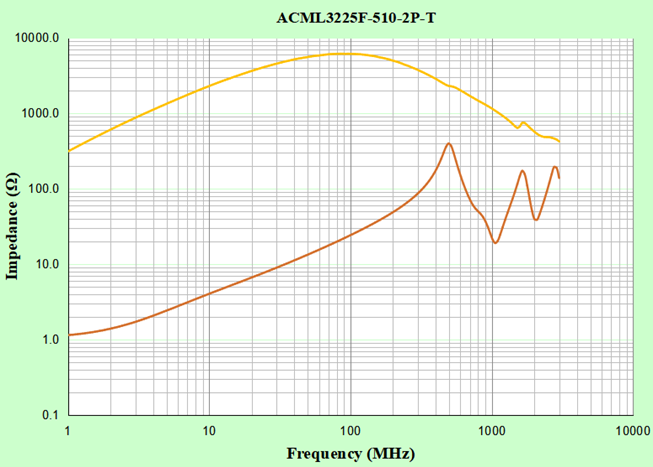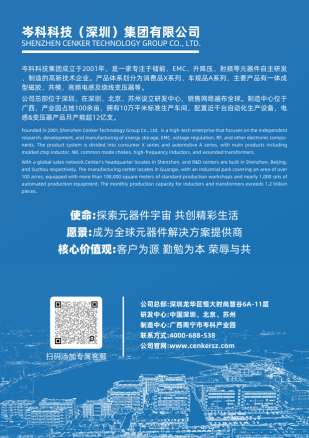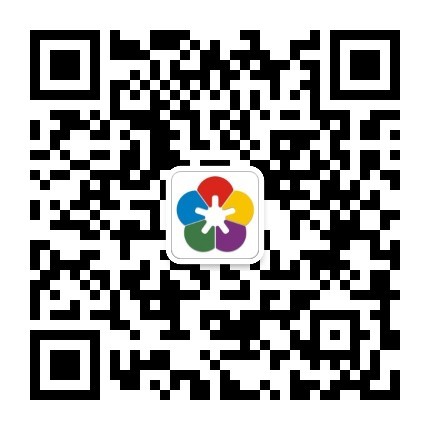
CAN FD (CAN with Flexible Data-Rate) is a new generation automotive network standard that allows for higher-speed (above 1Mbps) transmission and reception of larger data payloads (up to 64 bytes per frame) in automotive communication. DCMR (Differential to Common Mode Rejection) refers to the transformation of differential mode components into common mode components, satisfying the DCMR requirements of the common mode chokes used in CAN. The DCMR characteristics are classified into three classes, with DCMR Class 3 being the most stringent.
In recent years, the automotive industry has been striving for a safer and more comfortable driving experience by introducing Advanced Driver Assistance Systems (ADAS) and rapidly advancing the performance of automotive control technologies. With the current trend, there is a demand for higher-speed communication in automotive systems, driving the transition from the Classical CAN's 1Mbps data transfer rate to the faster CAN FD.
Therefore, in the series of chip-type common mode inductors that support CAN FD, in addition to the existing 100µH variant, we have also introduced a new variant, the "ACML3225F-510-2P-T" with a value of 51µH. This product effectively reduces the radiated noise of internal automotive network signal lines such as CAN/CAN-FD.

The ACML-F series common mode inductors are specifically designed for CAN FD systems and offer the following key features:
Excellent common mode noise suppression capability: These inductors effectively suppress common mode noise, ensuring high-quality signal transmission in CAN FD applications.
Outstanding electromagnetic compatibility (EMC) characteristics: The inductors exhibit superior EMC performance, reducing electromagnetic interference (EMI) and improving overall system reliability.
Compact design achieved through unique winding techniques: The inductors are designed with a unique winding method, enabling them to be compact in size while maintaining optimal performance.
Wide operating temperature range: The ACML-F series is designed to operate reliably in a temperature range from -40°C to +150°C, making them suitable for automotive and harsh environment applications.
High reliability and compliance with AEC-Q200: These inductors are built to meet stringent automotive industry standards for reliability, ensuring long-term operation in demanding conditions.
Note: The DCMR Class 3 requirement for dedicated common mode inductors in CAN FD is achieved according to IEC 62228-3. IEC 62228-3 is one of the standards developed by the International Electrotechnical Commission (IEC) for electrical and electronic technologies.

When applied in automotive CAN FD systems, their role is to filter out radiated noise from the internal network signal lines of the vehicle.

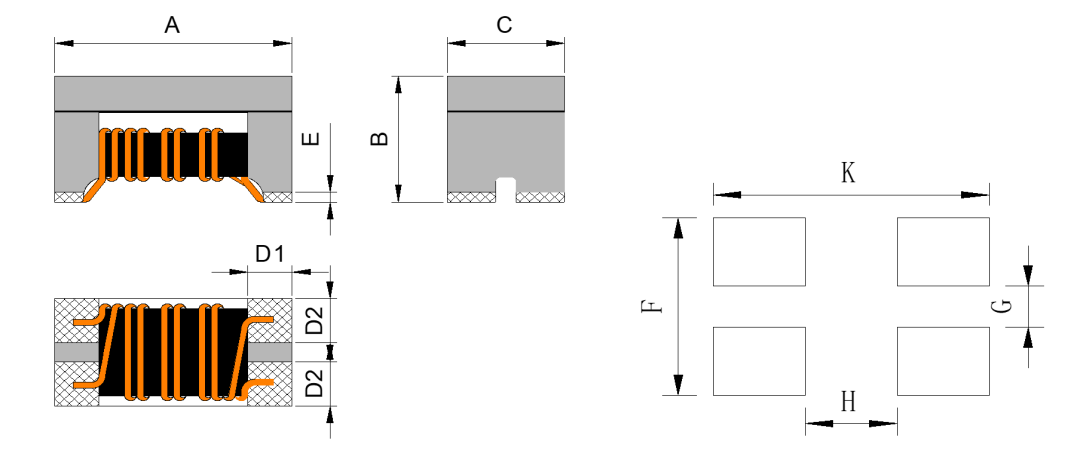
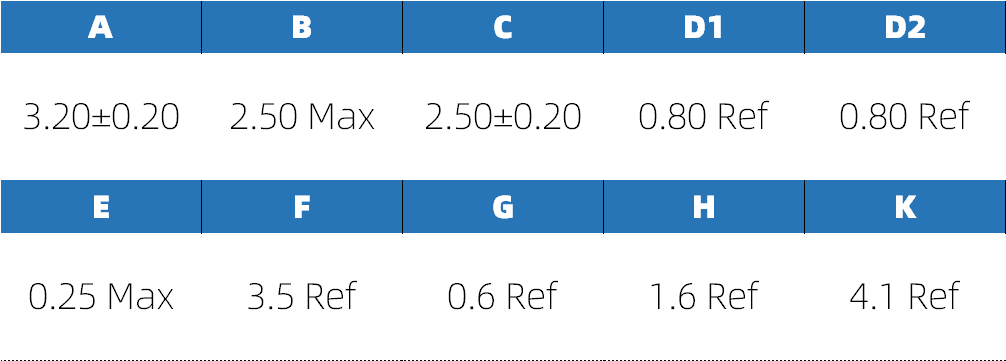


阻抗曲線(Impedance curve.)
